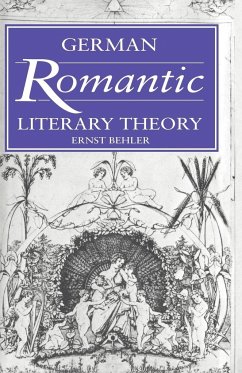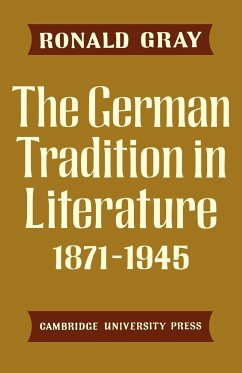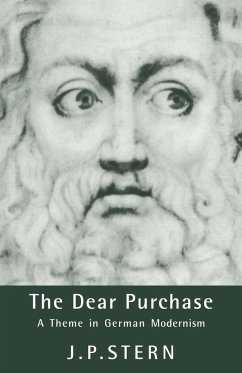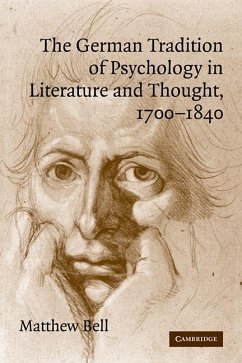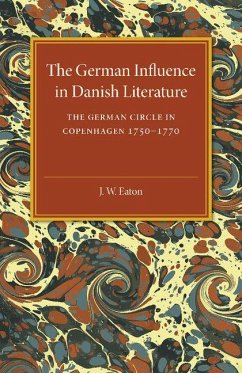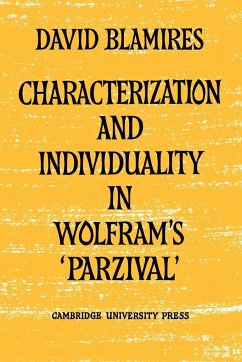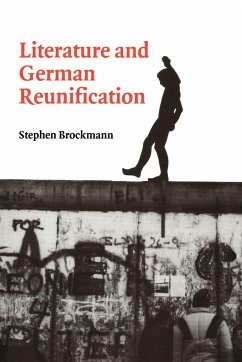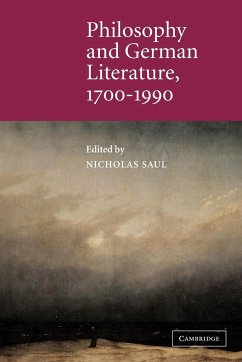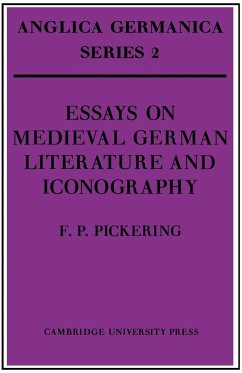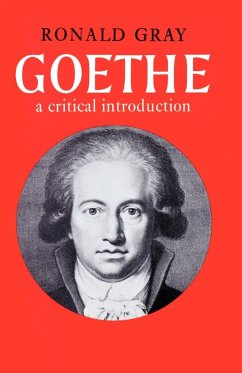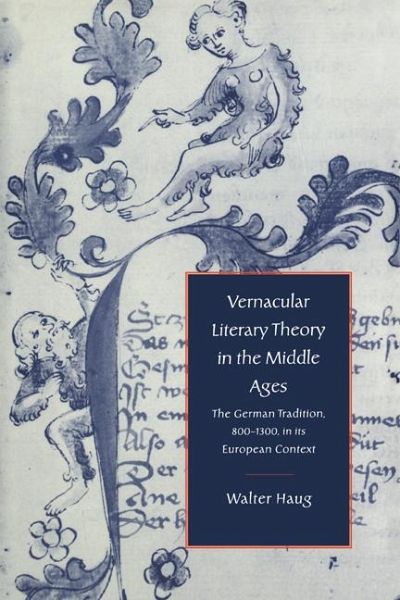
Vernacular Literary Theory in the Middle Ages
The German Tradition, 800 1300, in Its European Context
Herausgeber: Minnis, Alastair; Boyde, Patrick

PAYBACK Punkte
27 °P sammeln!
The first edition of this book appeared in German in 1985, and set a new agenda for the study of medieval literary theory. Rather than seeing vernacular writers' reflections on their art, such as are found in prologues, epilogues and interpolations in literary texts, as merely deriving from established Latin traditions, Walter Haug shows that they marked the gradual emancipation of an independent vernacular poetics that went hand in hand with changing narrative forms. While focussing primarily on medieval German writers, Haug also takes into account French literature of the same period, and th...
The first edition of this book appeared in German in 1985, and set a new agenda for the study of medieval literary theory. Rather than seeing vernacular writers' reflections on their art, such as are found in prologues, epilogues and interpolations in literary texts, as merely deriving from established Latin traditions, Walter Haug shows that they marked the gradual emancipation of an independent vernacular poetics that went hand in hand with changing narrative forms. While focussing primarily on medieval German writers, Haug also takes into account French literature of the same period, and the principles underlying his argument are equally relevant to medieval literature in English or any other European language. This ground-breaking study is now available in English for the first time.





